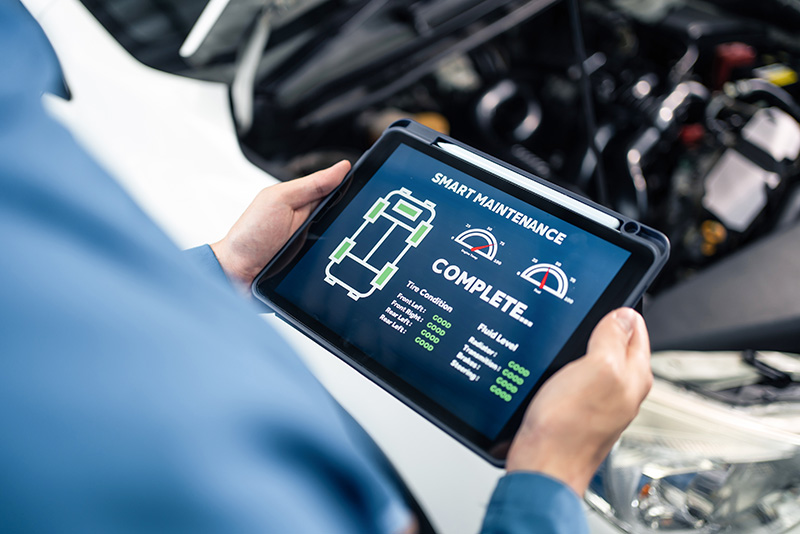
Porsche has announced a safety defect affecting several Porsche models from 2019 through 2025. The issue can cause the rear view camera image to fail to display — a serious safety concern in today’s camera-dependent vehicles.
What Is the Problem?
In certain rare cases, a software issue may prevent the rear view camera image from appearing when the vehicle is placed in Reverse.
This problem means affected vehicles may not meet the requirements of Federal Motor Vehicle Safety Standard (FMVSS) No. 111 – Rear Visibility, which mandates that a functioning rear visibility system must be available when backing up.
If the rear view camera image does not appear, the driver loses an important visual aid, increasing the risk of backing-up accidents involving pedestrians, objects, or other vehicles.
Affected Porsche Models
The recall applies to the following vehicles:
- 2019–2025 Porsche Cayenne
- 2019–2025 Porsche Cayenne E-Hybrid
- 2020–2025 Porsche 911
- 2020–2025 Porsche Taycan
- 2024–2025 Porsche Panamera
- 2025 Porsche Panamera E-Hybrid
What Causes the Camera Failure?
Porsche has identified that the issue is related to transient signal noise between the control unit and the Surround View cameras. In rare situations, this signal disruption can interrupt the data feed from the rear view camera, causing the image not to display.
While the exact root cause is still under investigation, Porsche has confirmed that the issue is software-related.
How Will You Know If It Happens?
There is no warning light or message beforehand. If your vehicle is affected, you may notice that the rear view camera screen is blank or does not activate when shifting into Reverse.
What Is Porsche Doing to Fix It?
Porsche dealers will update the driver assistance software to resolve the issue.
- Interim owner notification letters are scheduled to be mailed on February 16, 2026.
- A second notice will be sent once the final software remedy is fully available.
Recall Reference Numbers
- Porsche Recall Number: ASB2
- NHTSA Campaign Number: 25V-896
What Should You Do Now?
If you own one of the affected vehicles:
- Monitor your mail for the official Porsche recall letter.
- Once notified, schedule a service appointment with your Porsche dealer.
- If your rear view camera has already failed to display, avoid reversing in tight spaces and rely on mirrors and physical checks until the fix is completed.
Why This Matters
A non-functional rear view camera may seem minor, but it significantly increases the risk of accidents – especially in crowded parking lots, residential areas, and driveways. Modern vehicles are designed with these systems as critical safety features, and Porsche is taking appropriate steps to correct the issue.
If you drive a Cayenne, 911, Taycan, or Panamera from the affected model years, stay alert and be ready to book your software update when the recall becomes active.

 Ford has discovered a problem affecting specific hybrid vehicles, including the 2022-2024 Maverick, 2020-2022 Escape, and 2021-2022 Lincoln Corsair models. These vehicles may contain software that could cause the vehicle to shift into neutral unexpectedly.
Ford has discovered a problem affecting specific hybrid vehicles, including the 2022-2024 Maverick, 2020-2022 Escape, and 2021-2022 Lincoln Corsair models. These vehicles may contain software that could cause the vehicle to shift into neutral unexpectedly. Chrysler (FCA) will be contacting the owners of certain 2021-2024 Jeep Wrangler and 2022-2024 Jeep Grand Cherokee over a failure to comply with Federal Motor Vehicle Safety Standards (FMVSS) related to windshield defrosting and defogging systems. Owners of affected vehicles are urged to take immediate action to rectify this potentially hazardous issue.
Chrysler (FCA) will be contacting the owners of certain 2021-2024 Jeep Wrangler and 2022-2024 Jeep Grand Cherokee over a failure to comply with Federal Motor Vehicle Safety Standards (FMVSS) related to windshield defrosting and defogging systems. Owners of affected vehicles are urged to take immediate action to rectify this potentially hazardous issue.

